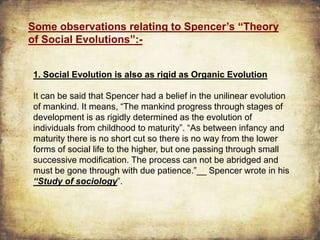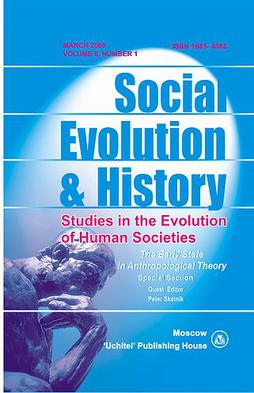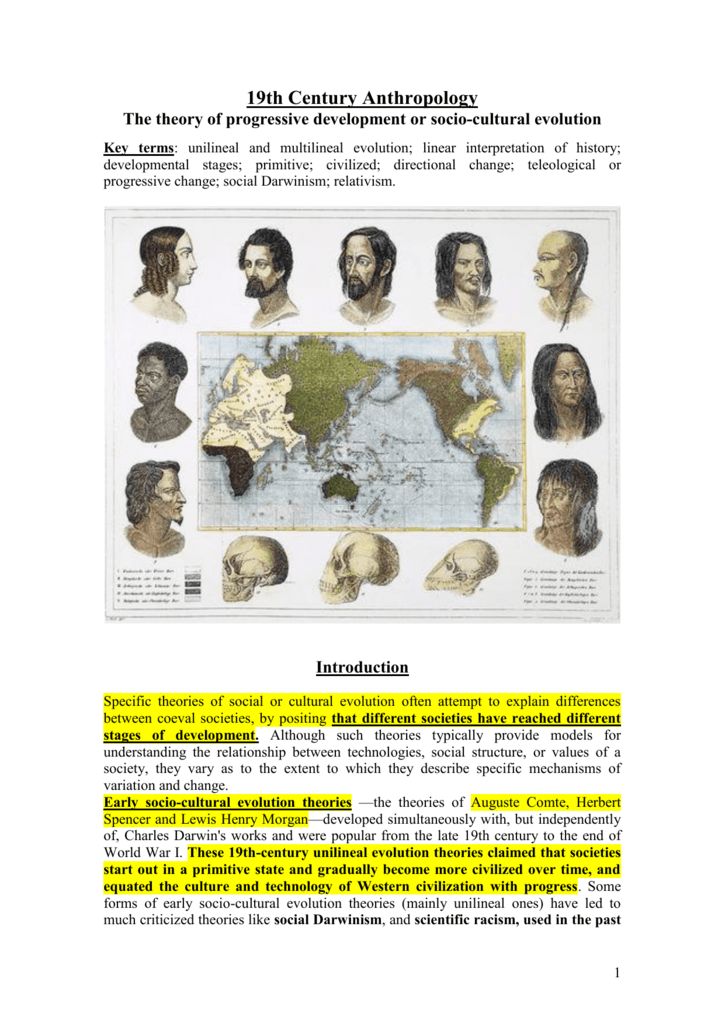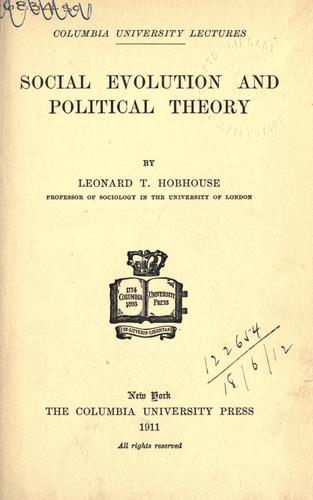Sociocultural evolution theory is a framework for understanding how human societies and cultures change over time. It is based on the idea that human societies are constantly adapting and evolving in response to changing environmental, technological, and social conditions.
One of the key ideas of sociocultural evolution theory is that human societies are not static, but rather are constantly changing and adapting to new circumstances. This change can occur at different rates and can be driven by a variety of factors, including technological advances, population growth, resource availability, and social and cultural changes.
One of the earliest proponents of sociocultural evolution theory was the 19th-century British anthropologist Herbert Spencer, who argued that societies evolve through a process of "survival of the fittest." According to Spencer, societies that are able to adapt and thrive in their environment are more likely to survive and prosper, while those that are unable to adapt will eventually die out.
However, sociocultural evolution theory has been developed and refined by many other scholars over the years. One of the key figures in the development of this theory was the American anthropologist Leslie White, who argued that technological advances were the driving force behind sociocultural evolution. According to White, societies that are able to develop new technologies are able to exert more control over their environment, which allows them to thrive and prosper.
Other important figures in the development of sociocultural evolution theory include the Russian cultural historian and economist Nikolai Kondratiev, who argued that societies go through long-term cycles of economic and technological development, and the American sociologist Talcott Parsons, who argued that societies are held together by a complex system of social norms and values.
Today, sociocultural evolution theory is a widely accepted framework for understanding how human societies and cultures change over time. It is used by scholars in a variety of fields, including anthropology, sociology, economics, and history, to study the development of human societies and the forces that shape them.
In conclusion, sociocultural evolution theory is a valuable framework for understanding how human societies and cultures change and adapt over time. It highlights the role of environmental, technological, and social factors in driving social and cultural change, and helps scholars to better understand the complex processes that shape human societies and cultures.









